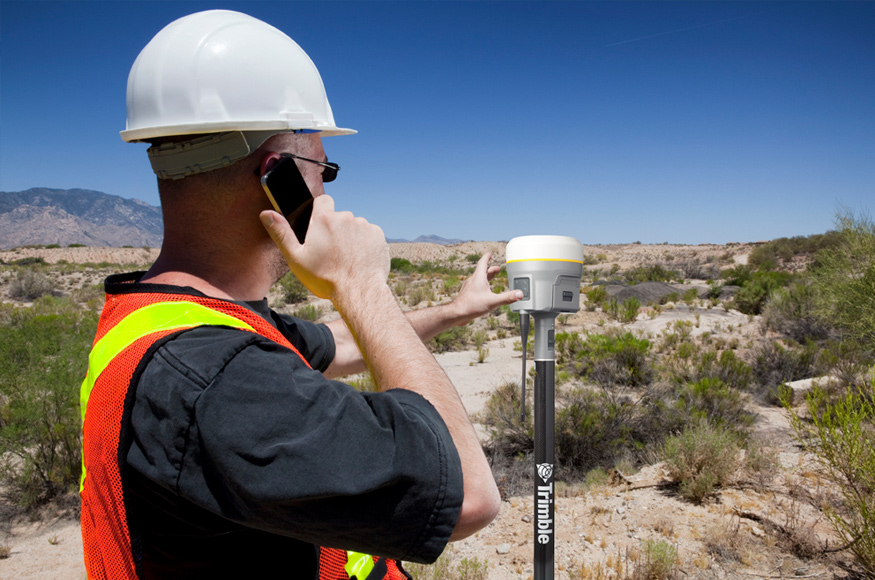Here are some impartial tips for choosing the right irrigation consultant for your project.
Consultant or Designer.
The difference between an irrigation designer and an irrigation consultant should be defined right up front, as there seems to be a lot of confusion over this issue. As there are many good irrigation consultants, there are also many good irrigation designers.
Consultants go further with an irrigation project than a designer, in that the consultant is usually responsible for more than just the irrigation design and specifications. Their additional “value-added” services may include master planning, water use and supply studies, system evaluations, pump system design, alternative water supply analysis, on-site staking, and observation of installation to ensure the use of the specified materials and approved installation procedures.
Impartial and independent.
When looking for an irrigation consultant, you want someone independent. By this, I mean someone whose income is derived solely from professional fees. An independent consultant will not have any product ties to a manufacturer or distributor and will be able to effectively supervise installation, as they will not have any association with the contractor, much like the Landscape Architect. They are paid by the client and therefore, look out for the clients’ interests while being fair to all parties involved. Keep in mind that not all irrigation consultants are necessarily independent. There are instances where some irrigation equipment distributors feel it necessary to have their own in-house consulting companies to be able to sell their products.
Relevant experience.
Experience is a relative term. However, an irrigation consultant should have a wide variety of projects within the various fields of application. For example, sports turf or golf courses, amenity landscapes and agriculture. Various water supply types like potable supply, desalinated supply, TSE and greywater.
Using an irrigation consultant who has spent time as a contractor is most undoubtedly beneficial as they have a good understanding of the problems that are experienced on-site and can anticipate issues before they arise.
A consultant with international experience is also a valuable ally to have on your team as they can apply their expertise to a wider variety of project types. They are also able to adapt to other cultures quickly and easily.
Specialists in their field.
Being a specialist is having an in-depth understanding of the bigger picture, going beyond the selection and specification of equipment, water and power supplies and consumption and lifetime costs. It is having an in-depth knowledge of the plant water soil relationship, horticulture and environmental concerns.
A consultant may also specialize in a specific aspect of the irrigation project that is very important to the project’s success, such as permitting, LEED credits, rainwater harvesting or experience working in a particular geographical area. The consultant should have a reputation for providing accurate costs estimates with projects that are on a budget.
An advocate of sustainability and water conservation.
Sustainability is a term which is widely used today and has a multitude of meanings and interpretations. In the specific context of designing irrigation systems, sustainability is measured in how a system maintains its usefulness through; i) continuing to deliver benefits ii) harmony with its environment iii) remaining economically viable.
Water conservation is a buzzword in the irrigation industry, but rarely is water-conserving technology found in irrigation systems. The irrigation consultant is up to date on the new technologies in the industry that genuinely conserve water such as smart controllers and moisture sensors. Proper design and consultation can help conserve water for the life of an irrigation system, again maybe costing more up-front, but saving many times the extra cost over the life of the irrigation system. Independent consultants will pick the best materials for the project, not basing their design solely on overall product cost or what they sell like a distributor or design/build contractor.













